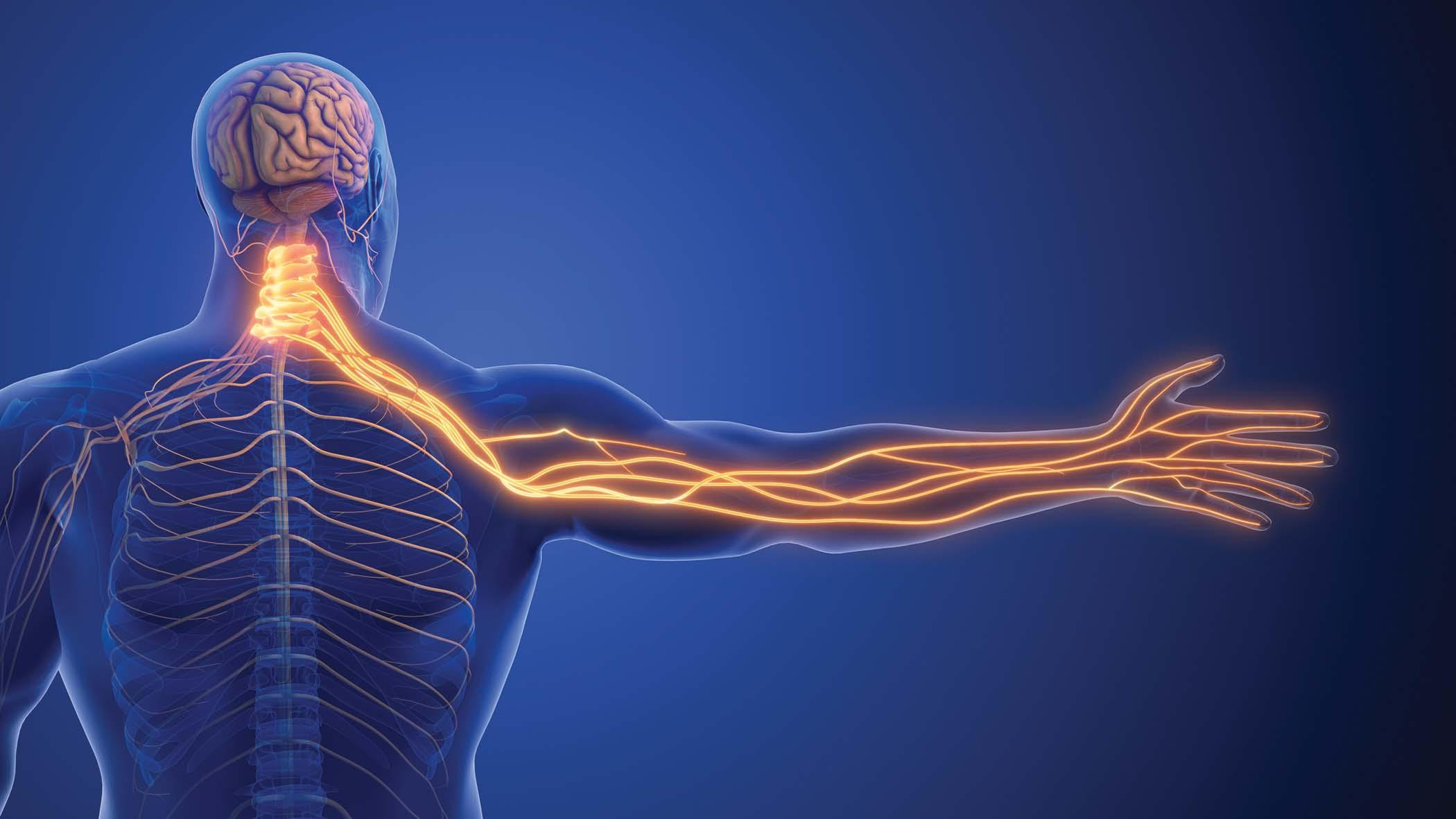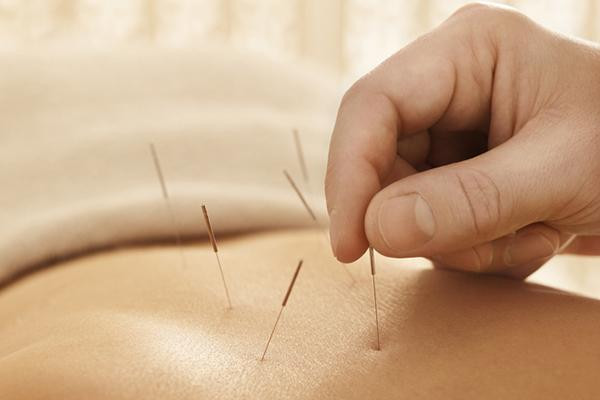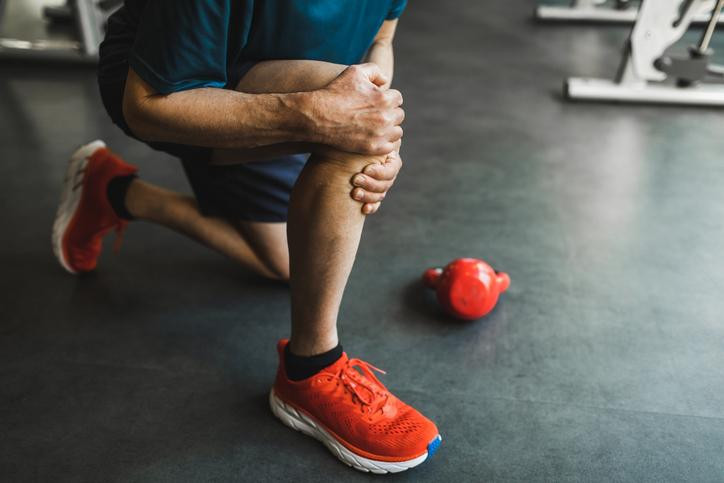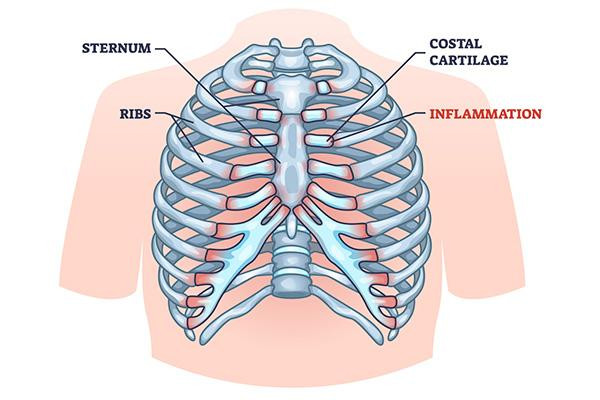
New thinking about plaque in arteries that feed the brain

Want to prevent shifting teeth? Maybe you need retainers

What you need to know about the new dietary guidelines

Food that’s healthier for people and planet can be cheaper, too

New evidence that polyphenol-rich foods help the heart

8 simple ways to reduce ultra-processed foods in your diet

How to curb your stress eating

How to spot Parkinson’s disease symptoms

Heart failure symptoms in women: How they’re different

GERD diet: Foods to avoid to reduce acid reflux
Pain Archive
Articles
Punch back against pinched nerves
A pinched nerve occurs when something compresses or irritates a nerve. This can cause pain, tingling, or weakness in areas like the neck, back, or wrist. Rest and home remedies can help, but physical therapy and medication are sometimes needed.
Acupuncture boosts pain relief for chronic low back pain
Chronic low back pain affects as many as one-third of adults ages 65 and older and can be difficult to treat. A 2025 study found that adding 12 weeks of acupuncture to usual care resulted in greater pain relief and better function that lasted as long as a year after the treatments.
A headache that starts in your neck
Pain that starts at the base of the skull and radiates to one side of the forehead may be a cervicogenic headache. These headaches are sometimes mistaken for tension headaches or migraines. Cervicogenic headaches originate from a problem around the top of the spine. Possible causes include a herniated disk, arthritis, or an injury, such as whiplash. Treatments include pain relievers, physical therapy, and injections of steroids or anesthetics.
Gait training may relieve pain from knee osteoarthritis
In a 2025 study, people with knee osteoarthritis reported less pain and had less knee cartilage damage after changing their walking gait to reduce pressure on the inner part of the knee.
Study suggests risks outweigh benefits of a widely used prescription painkiller
A 2025 analysis of 19 randomized controlled trials involving 6,500 people found that tramadol, a widely prescribed opioid drug, was only mildly effective at reducing chronic pain. It increased the risks for both mild and serious side effects, including heart problems.
Chest pain that mimics a heart attack
Costochondritis, which is inflammation of the cartilage between the ribs and the breastbone, is one of the most common causes of chest pain and is frequently mistaken for a heart attack.

New thinking about plaque in arteries that feed the brain

Want to prevent shifting teeth? Maybe you need retainers

What you need to know about the new dietary guidelines

Food that’s healthier for people and planet can be cheaper, too

New evidence that polyphenol-rich foods help the heart

8 simple ways to reduce ultra-processed foods in your diet

How to curb your stress eating

How to spot Parkinson’s disease symptoms

Heart failure symptoms in women: How they’re different

GERD diet: Foods to avoid to reduce acid reflux
Free Healthbeat Signup
Get the latest in health news delivered to your inbox!
Sign Up











